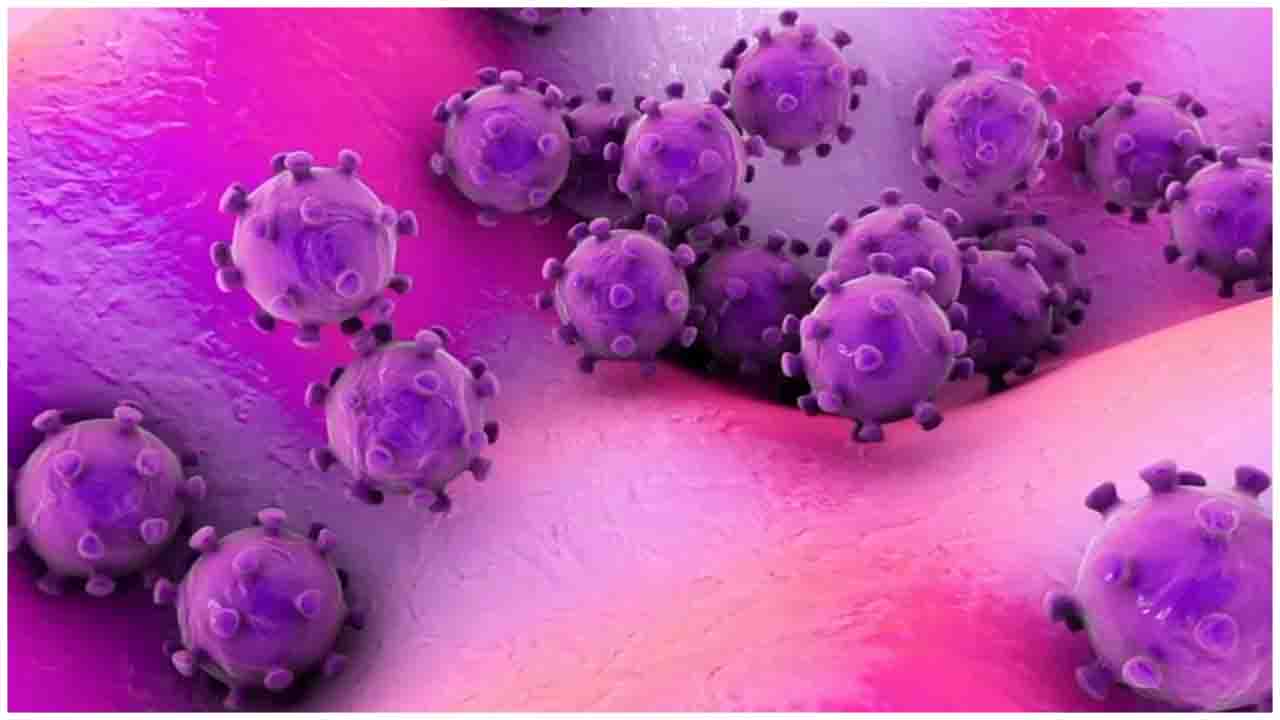As many countries around the world are facing the peak of the covid-19 pandemic in their populations, discussions focus on flattening the curve to mitigate the impact on physically vulnerable populations and fragile health systems, in anticipation of an effective vaccine. However, the mental health impact of the pandemic is likely to last much longer than the physical health impact.
This seems to be the first pandemic during which the public, politicians, professionals and researchers are also interested in mental health. A lot of that interest has focused on immediate and short-term concerns. For example, while emotional responses of stress and fear in the face of a pandemic caused by a novel virus for which little is known are normal and expected, excessive and protracted feelings of stress and powerlessness may have significant impact on individuals’ mental health through well-known mechanisms.
The evidence also suggests that there is likely to be a more lasting impact on people with long term conditions, both those with pre-existing mental ill-health diagnoses facing disrupted access to primary mental health, and those with other long-term conditions who are experiencing delays in care and operations, as well as fear of attending hospital appointments.
Early research has brought attention to the psychological impacts of such viral epidemics and protracted physical distancing measures, including those that are expected (such as loss of identity, disruption to usual activity, increases in feelings of loneliness) and those that may be unintended (including increases in domestic violence, child maltreatment and cyberbullying). For many, several coping strategies to deal with this psychological impact can be detrimental to mental health; including alcohol and drug misuse, and online gambling. Early studies have also highlighted the impact of stigma and discrimination targeted at certain communities (in the case of covid-19 this was predominantly Asian minorities as well as those infected with covid-19), including risks of abuse of power from local police officers or politicians.
Lessons from past epidemics or similar healthcare crises are also important in anticipating impacts on mental health.9 For example, there is a higher concentration of social determinants associated with self-harm and suicidal ideation in this period, including isolation, stress, financial worries, disruption of personal recovery plans, and relationship discord. Many people across the world will also be dealing with the effects of the pandemic’s excess bereavement burden, and there is a recognised increased risk for post-traumatic stress disorder, both for those surviving hospitalisation in Intensive Care Units and the frontline healthcare workers and people with existing mental health vulnerabilities.
Lastly, there are socioeconomic and political determinants affecting population mental health, especially in the long term. For example, certain governments have been following a damaging populist approach by taking advantage of the pandemic messaging to prioritise personal responsibility over structural interventions. Further, the economic recession that is likely to follow is expected to intensify and resurface the social inequalities that lead to the increased prevalence and unequal distribution of mental ill-health.
There will be no vaccine for these mental health impacts of the covid-19 pandemic. We need to resist the ever-increasing, opportunistic, commercial influence for miraculous cures in the form of pills, or unevaluated apps, and pursue systems that prioritise good health for all and “Building Back Better” in collaboration with national governments, local governments, funders, and global organisations. Historically, claims to “quick fix” solutions in global health have led to unethical excess costs and suffering. It is time to urgently invest, instead, in meeting our fundamental and complex human needs.
Source : BMJ

 This seems to be the first pandemic during which the public, politicians, professionals and researchers are also interested in mental health
This seems to be the first pandemic during which the public, politicians, professionals and researchers are also interested in mental health










.jpeg)


.jpeg)



.jpeg)
.jpeg)






.jpeg)





